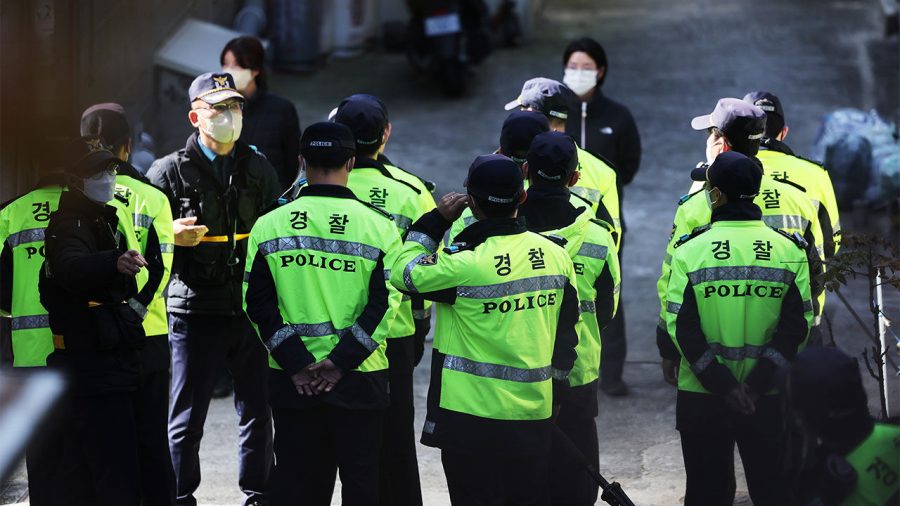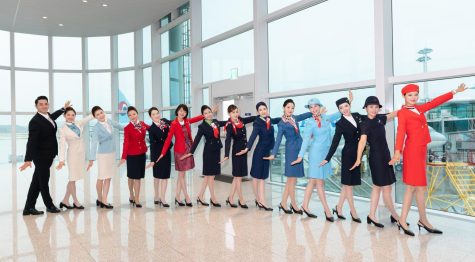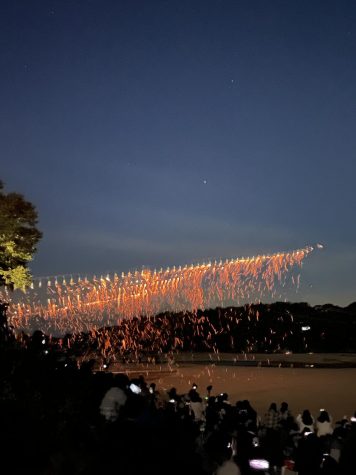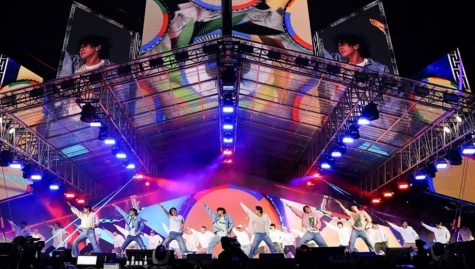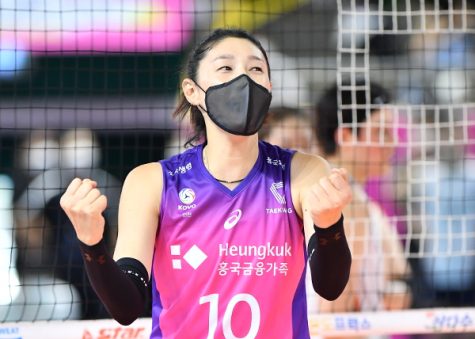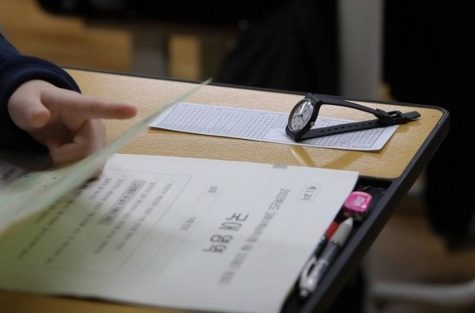Serial Rapist Park Byung-hwa Released from Prison on Oct. 31
Police are controlling and monitoring the area around the residence of Park Byung-hwa, a serial sexual assault criminal in Hwaseong, Gyeonggi-do. Image courtesy of Yonhap News, Hong Ki-won.
November 20, 2022
South Korean serial rapist Park Byung-hwa was released from prison after completing his sentence on Oct. 31, 2022.
Park Byung-hwa broke into a villa in Suwon, Gyeonggi Province, and raped 10 women in their 20s from 2002 to 2007. He was sentenced to 15 years in prison and moved into his home in Hwaseong, Gyeonggi-do, after being released from prison. He decided to live in Bongdam-eup, Hwaseong-si, Gyeonggi-do, as his residence after being released from prison. However, this is an area where kindergartens, elementary schools, middle schools, high schools and universities are concentrated, so children, students and parents are anxious about their safety being threatened following Park’s release. Residents of Hwaseong-si are asking the Ministry of Justice to evict Park Byung-hwa, and there is a rise in controversy over where he should live.
Lee Soo-min, a housewife with an eight-year-old child living in Hwaseong-si said, “I am so scared to think that a person who committed a terrible crime lives around me, and that I will move out because I am afraid my child will be another victim of sexual assault.”
However, there is no way in the current legal system to force criminals who have already completed their sentences to be evicted and isolated from society. The measures currently allowed are for the government to inform citizens of the criminal’s identity and address, and for police to restrict the time a criminal goes out and supervise them.
After Park Byung-hwa’s release from prison, the government plans to strengthen security activities near his residence. According to an article written by Kang Kyung-hoon for Yonhap News, the government announced that Hwaseong City will install a total of 25 additional LED security lights on dark roads near his residence as soon as possible. They also added that 15 more high-performance crime prevention closed-circuit televisions (CCTVs) will be installed near schools and in major alleys.
Cho Doo-soon, a child sex offender who was released from prison in 2020, was also embroiled in strong opposition from the local community to his residence. Citizens living in Ansan, Gyeonggi-do, where Cho lives, protested to stop him from being released from prison.
In the United States, more than 38 states implement the so-called “Jessica’s Law,” which prohibits child sex offenders from living within a certain distance of schools and parks. The law was made in 2005 after Jessica Lunsford, then nine years old, was brutally murdered by a sex offender. In South Korea, the Korean version of “Jessica’s Law” was proposed at the National Assembly in October, and the Ministry of Justice is still discussing it.

